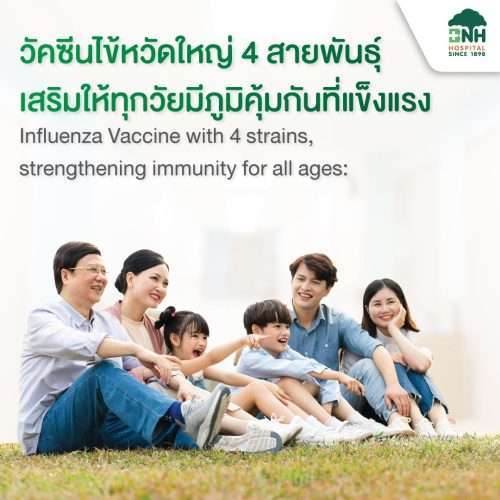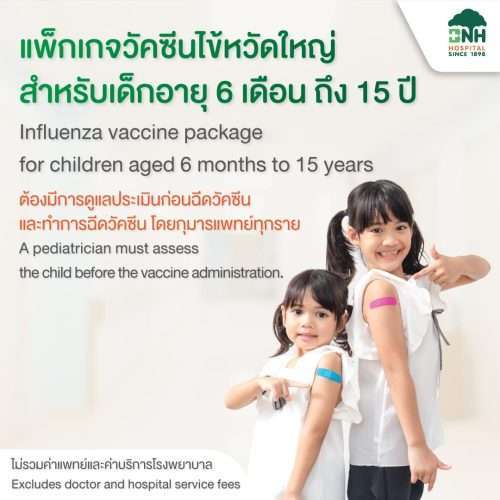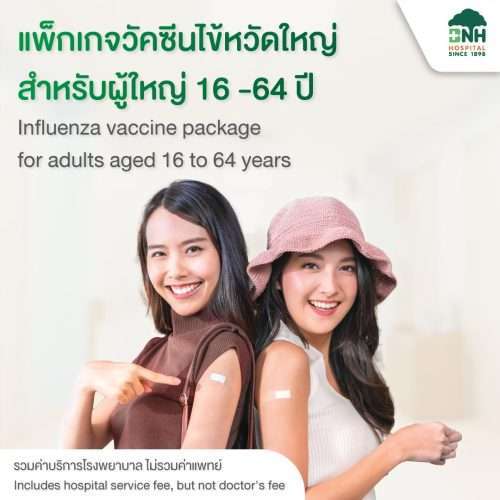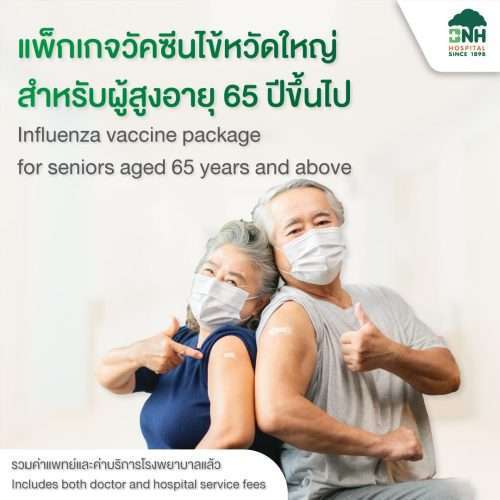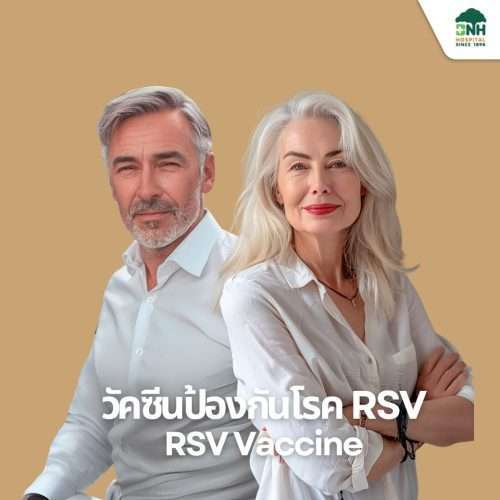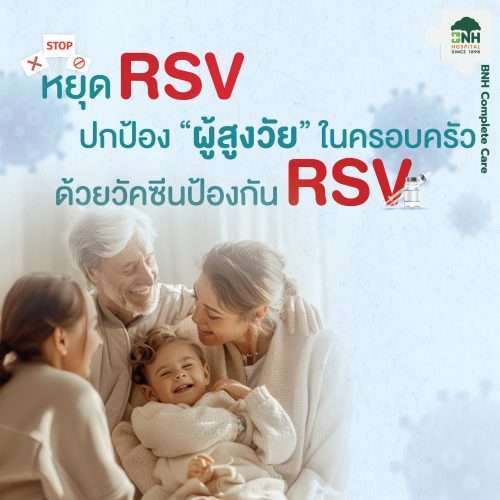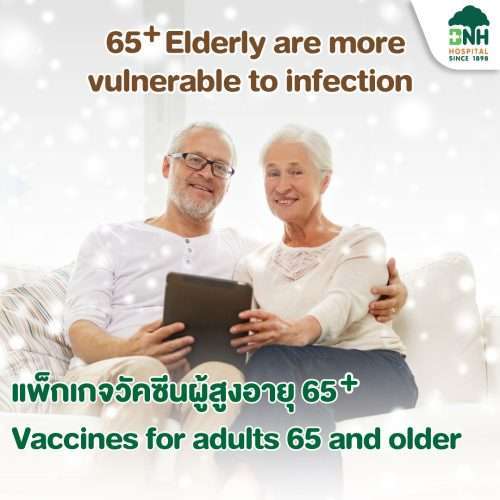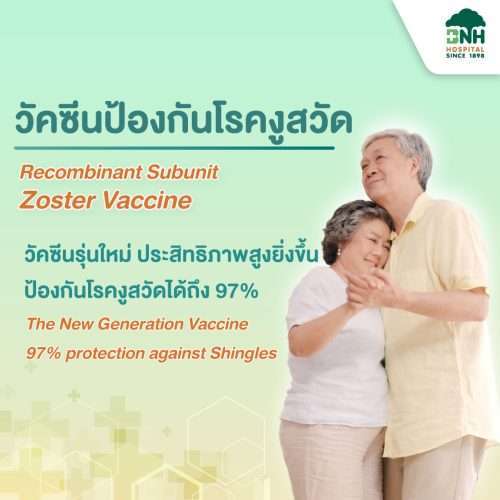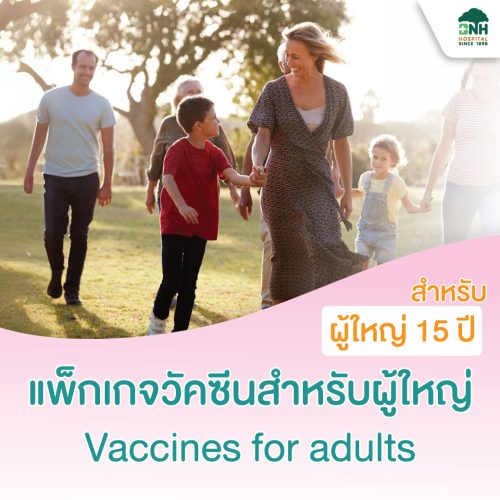Influenza/FLU Vaccine
Influenza (“flu”) is a contagious disease that spreads every rainy season in tropical countries and winter in Europe. Flu is caused by influenza viruses, and is spread mainly by coughing, sneezing, and close contact. The risk of getting flu is highest among children and elderly. Symptoms come on suddenly and may last several days. They can include:
- fever/chills
- sore throat
- muscle aches
- fatigue
- cough
- headache
- runny or stuffy nose
Flu can make some people much sicker than others. These people include young children, people 65 and older, pregnant women, and people with certain health conditions — such as heart, lung or kidney disease, nervous system disorders, or a weakened immune system. Flu vaccination is especially important for these people, and anyone in close contact with them. Flu can also lead to pneumonia, and make existing medical conditions worse. Influenza vaccine is the best protection against flu and its complications.
Alternative treatment
You are getting an injectable flu vaccine, which is either an “inactivated” or “recombinant” vaccine. These vaccines do not contain any live influenza virus. Flu viruses are always changing. Each year’s flu vaccine is made to protect against 3 or 4 viruses that are likely to cause disease that year. Flu vaccine cannot prevent all cases of flu, but it is the best defense against the disease.
It takes about 2 weeks for protection to develop after the vaccination, and protection lasts several months to a year.
Some people should not get this vaccine
- If you have any severe, life-threatening allergies or ever had a life-threatening allergic reaction after a dose of flu vaccine, or have a severe allergy to any part of this vaccine, including an allergy to gelatin, antibiotics, or eggs.
- People with a history of Guillain-Barré Syndrome (a severe paralyzing illness, also called GBS).
- If you are not feeling well. It is usually okay to get flu vaccine when you have a mild illness, but you might be advised to wait until you feel better.
Risk and side effect of treatment
There is a chance of side effects which are usually mild and go away on their own.
Problems that could happen after any vaccine:
- Brief fainting spells can happen. Sitting or lying down for about 15 minutes can help prevent fainting and injuries. Tell your doctor if you feel dizzy, or have vision changes or ringing in the ears.
- Severe shoulder pain and reduced range of motion in the arm where a shot was given.
- Severe allergic reactions from a vaccine are very rare. If one were to occur, it would usually be within a few minutes to a few hours after the vaccination.
Mild problems following inactivated flu vaccine: (usually begin soon after the shot and last 1 or 2 days)
- soreness, redness, or swelling where the shot was given
- hoarseness
- sore, red or itchy eyes
- cough
- fever
- aches
- headache
- itching
- fatigue
Moderate problems following inactivated flu vaccine:
- Young children who get inactivated flu vaccine and pneumococcal vaccine (PCV13) at the same time may be at increased risk for seizures caused by fever.
- Tell your doctor if a child who is getting flu vaccine has ever had a seizure.
Inactivated flu vaccine does not contain live flu virus, so you cannot get the flu from this vaccine.
There is a very remote chance of a vaccine causing a serious injury or death.
Instruction before and after treatment /procedure
Look for anything that concerns you, such as signs of a severe allergic reaction, very high fever, or behavior changes. Signs of a severe allergic reaction can include hives, swelling of the face and throat, difficulty breathing, a fast heartbeat, dizziness, and weakness. These would start a few minutes to a few hours after the vaccination.
What is the Influenza High-Dose Vaccine?
A vaccine indicated for active immunization for the prevention of influenza and the associated complication of pneumonia-related hospitalization, indicated for use in persons 65 years of age and older. The higher dose of antigen and extra ingredients in the vaccine to boost their effectiveness is intended to give elderly a better immune response to vaccination, and therefore, provide better protection than the standard flu vaccine, according to recent guidelines from the CDC.
An efficacy study indicated that the high-dose vaccine was SAFE & EFFECTIVE for Elderly
24% more effective in preventing flu in elderly relative to a standard-dose vaccine
>10 years experience of use
prevent approximately 2,000 annual deaths from the flu
Prevent flu-related hospitalization
- Reduce Pneumonia hospitalization 27.3%
- Reduce Cardiorespiratory hospitalization 17.9%
- Reduce Influenza hospitalization 11.7%
- Reduce All-cause hospitalization 8.4%
| Packages | สำหรับผู้ใหญ่ 16-64 ปี (For adults from 16 to 64 years), สำหรับผู้สูงอายุ 65 ปี ขึ้นไป (For seniors 65 years and above) |
|---|

 ไทย
ไทย
